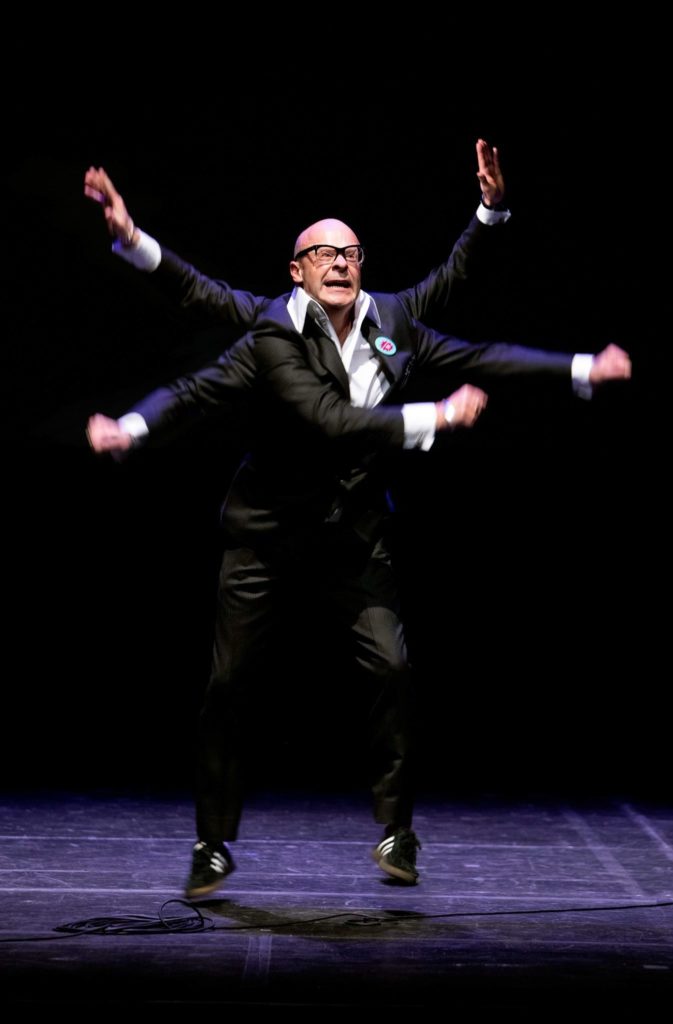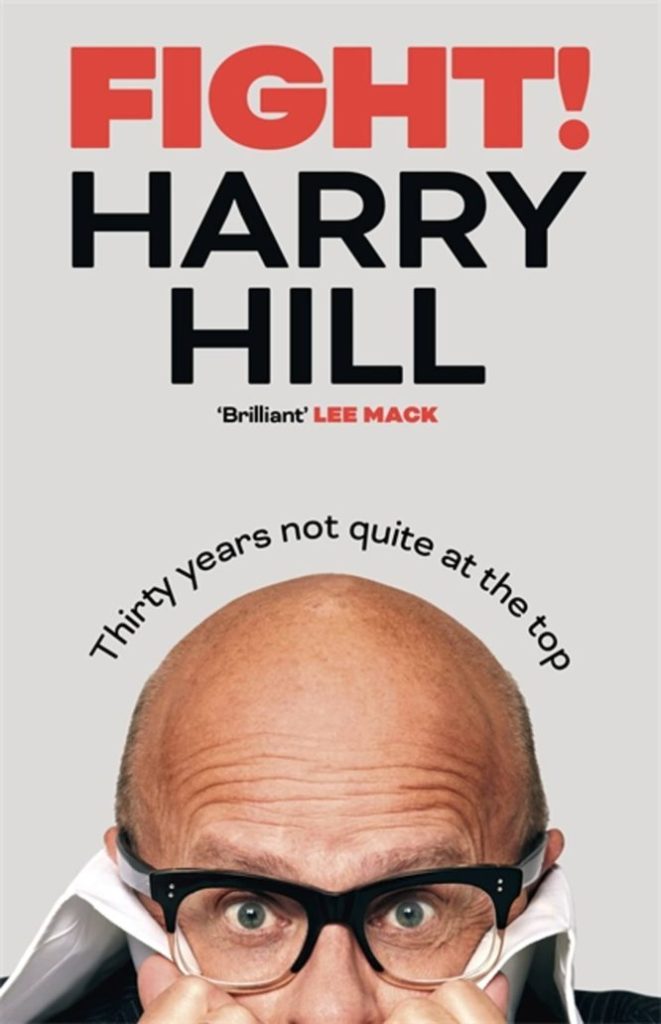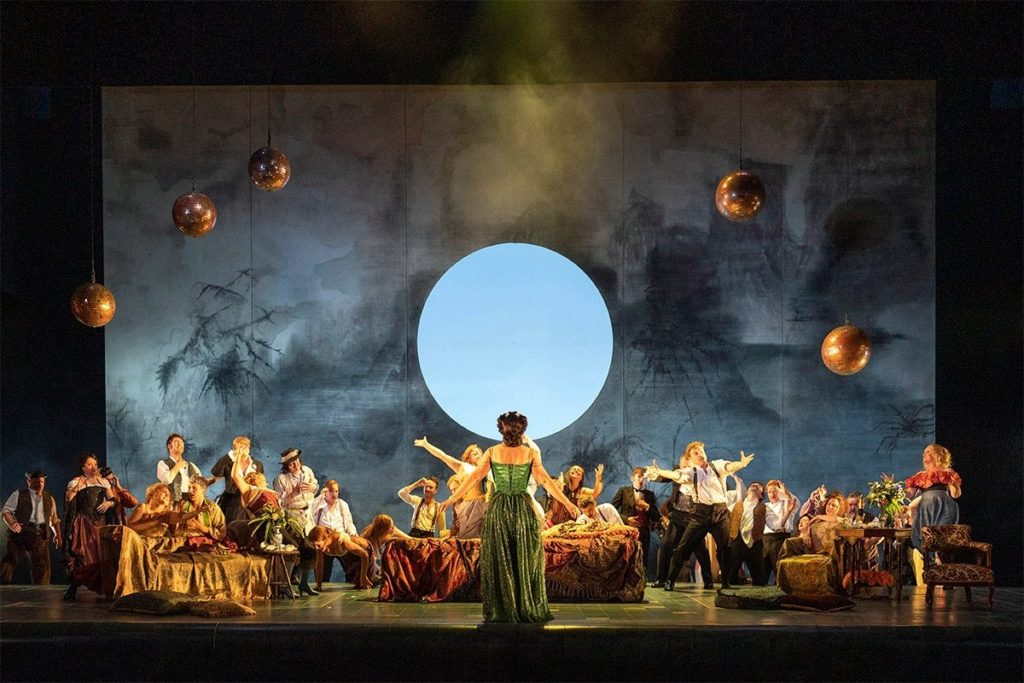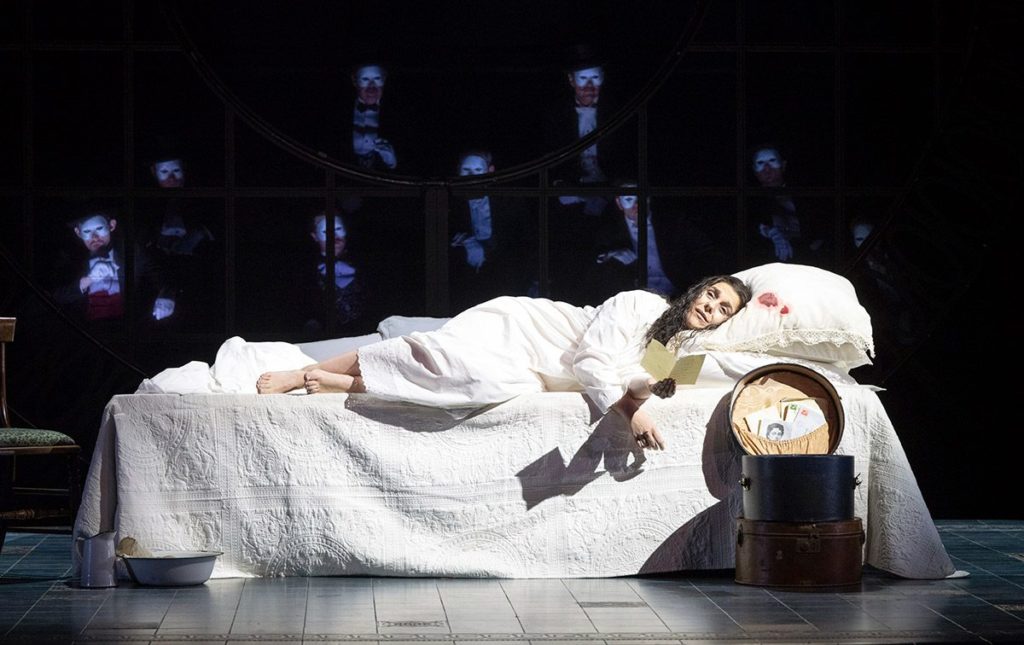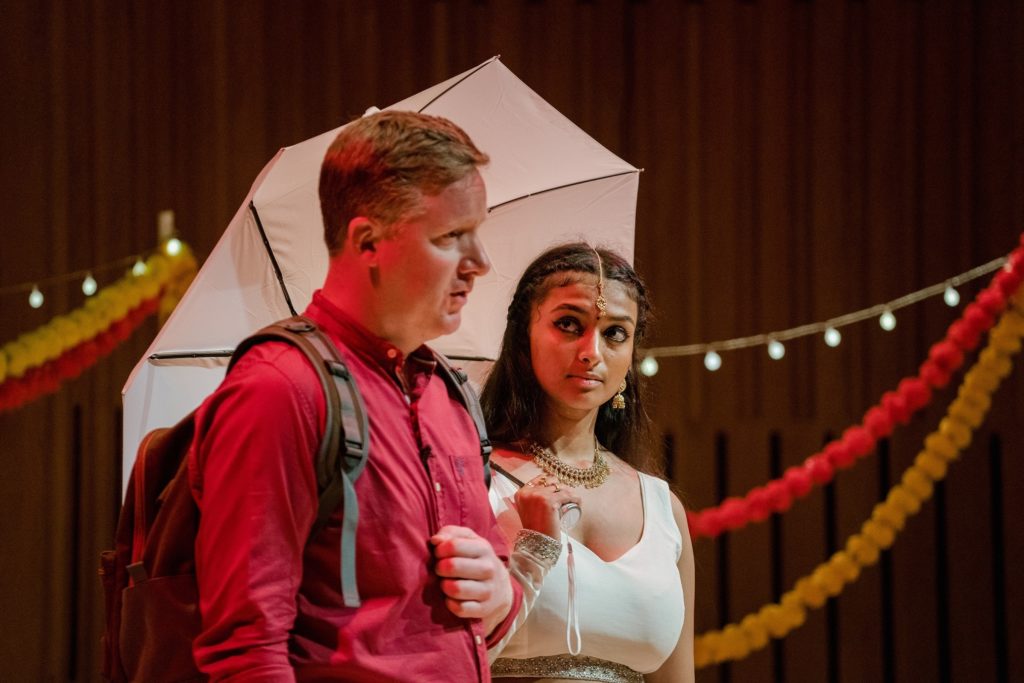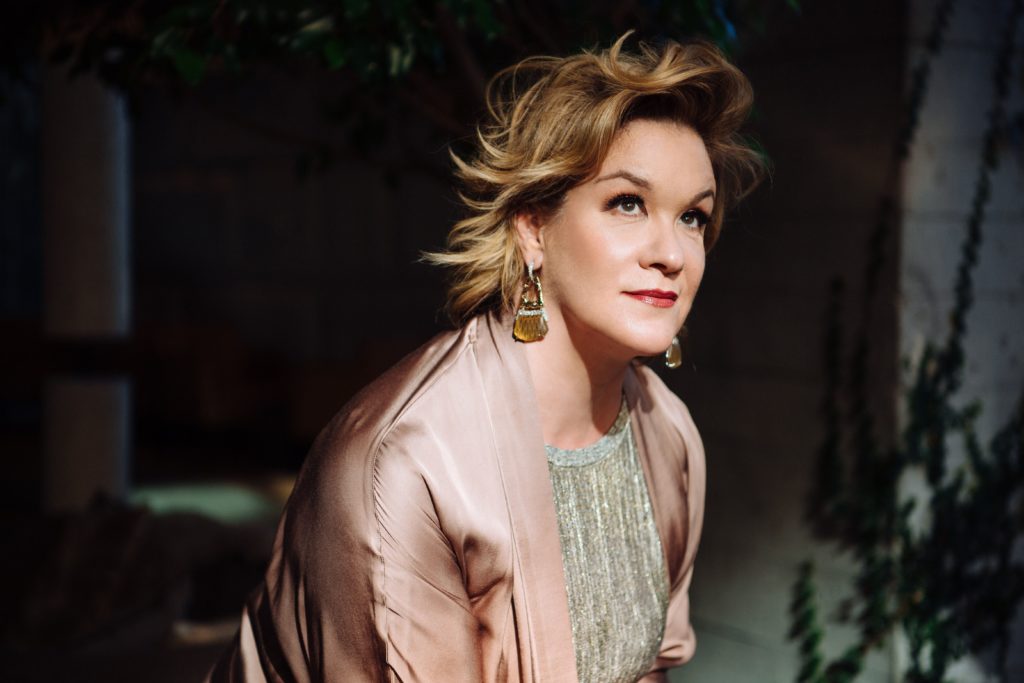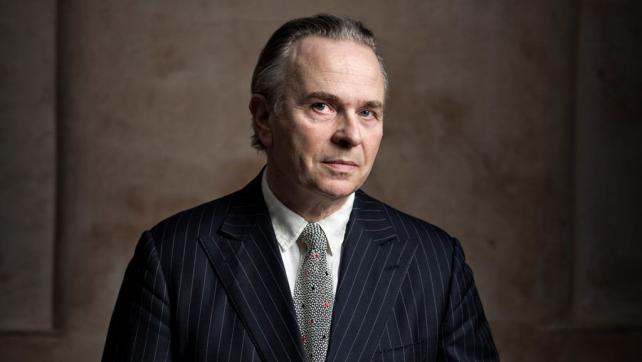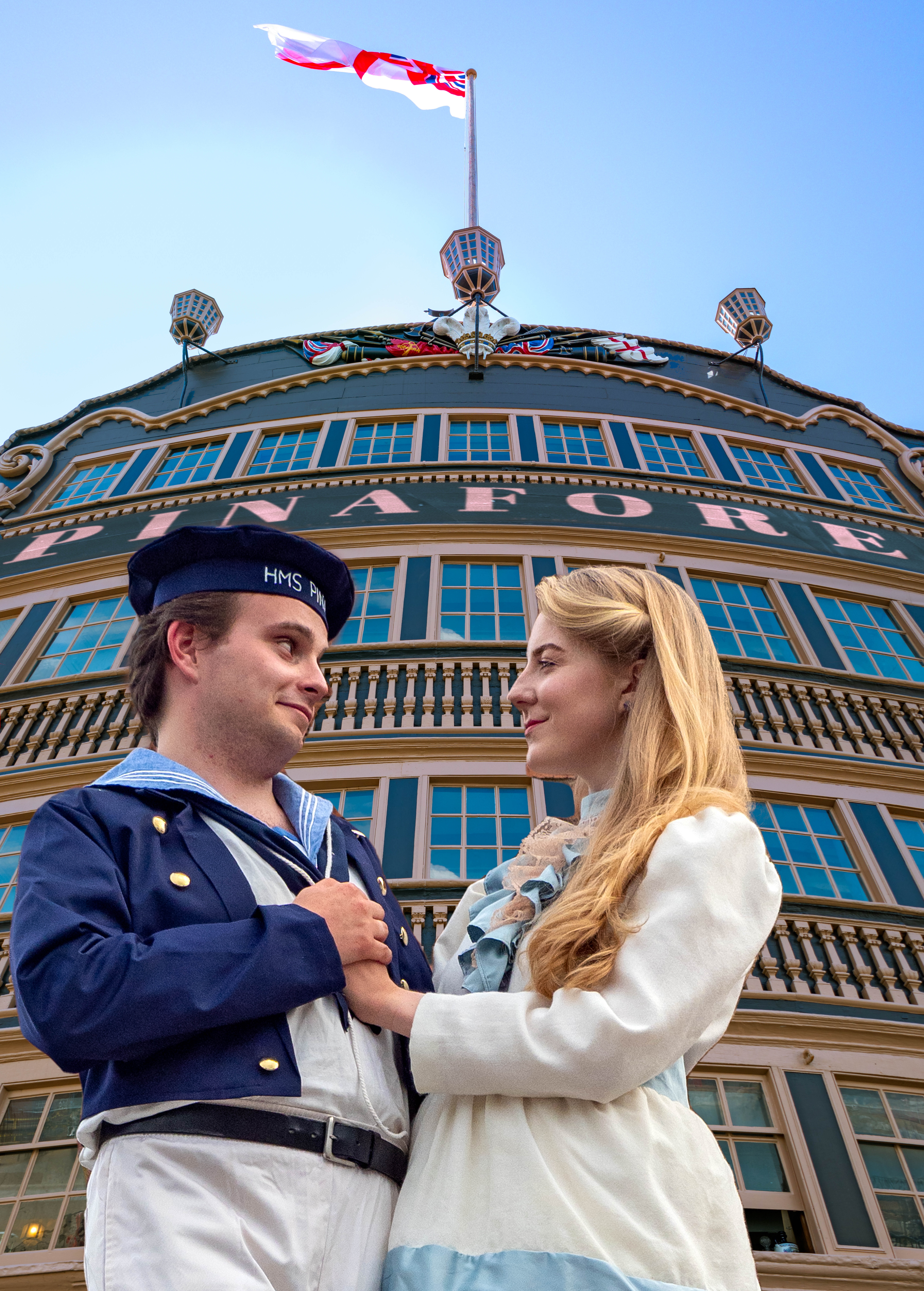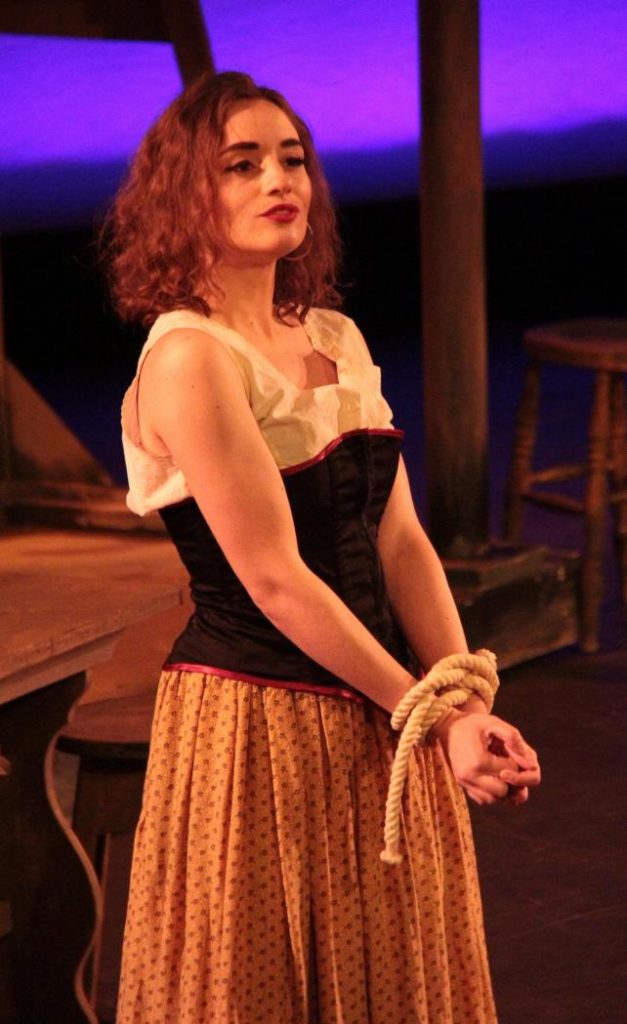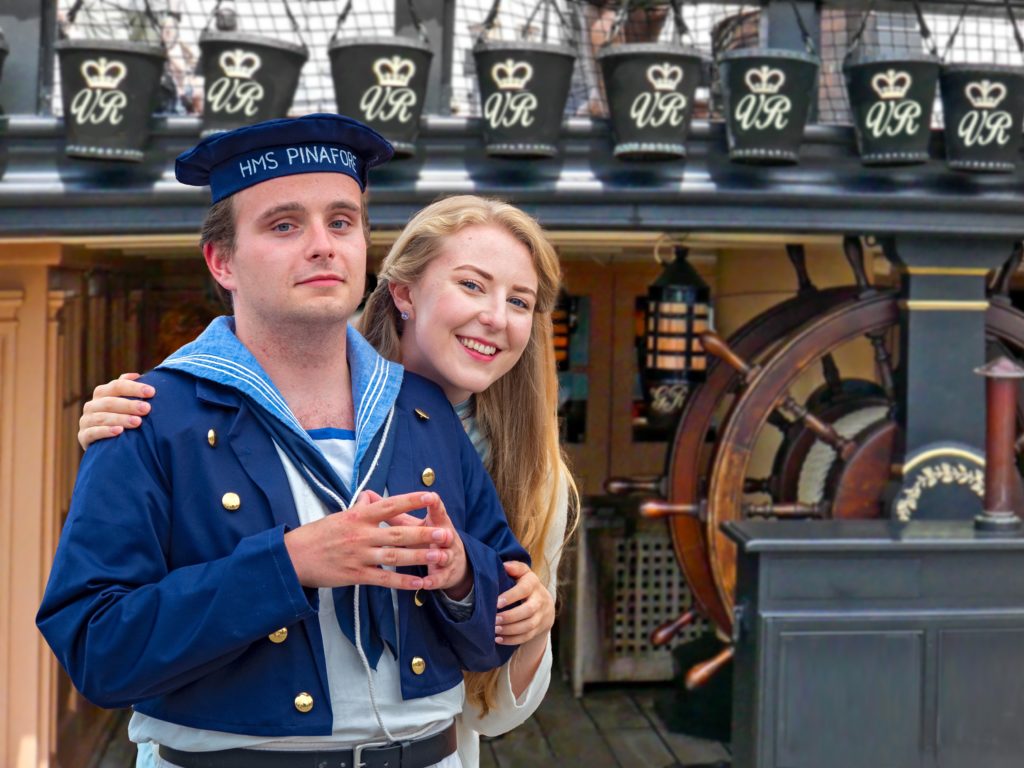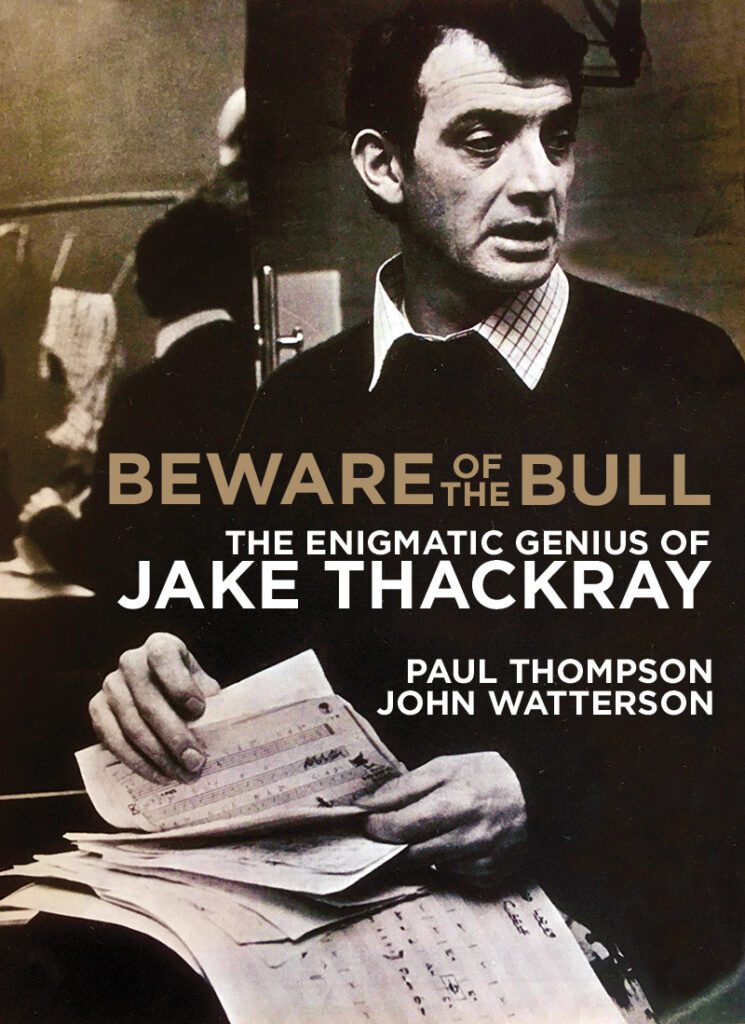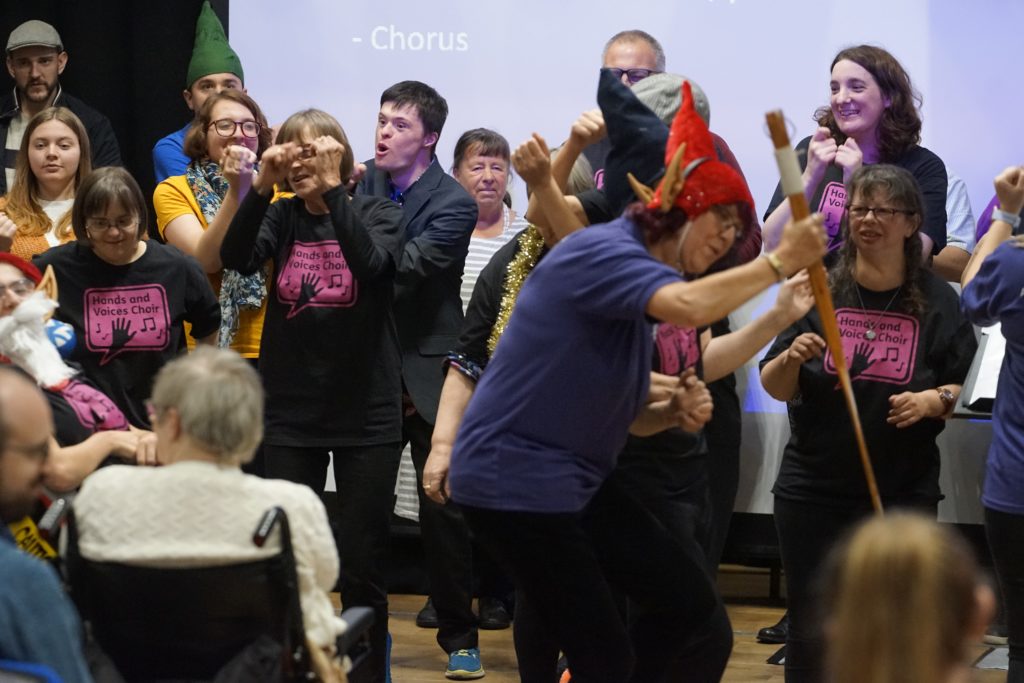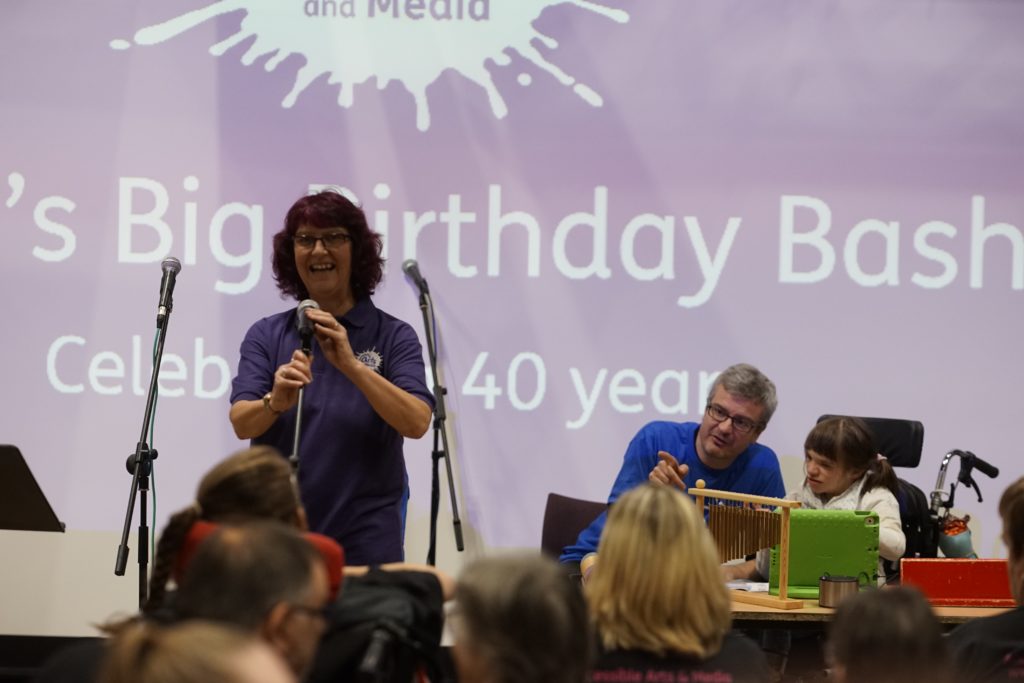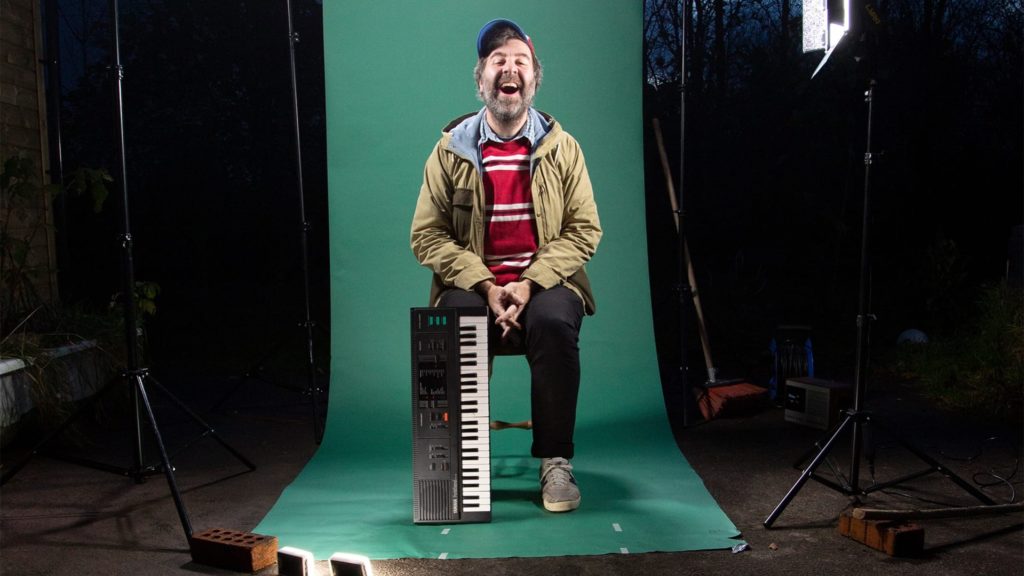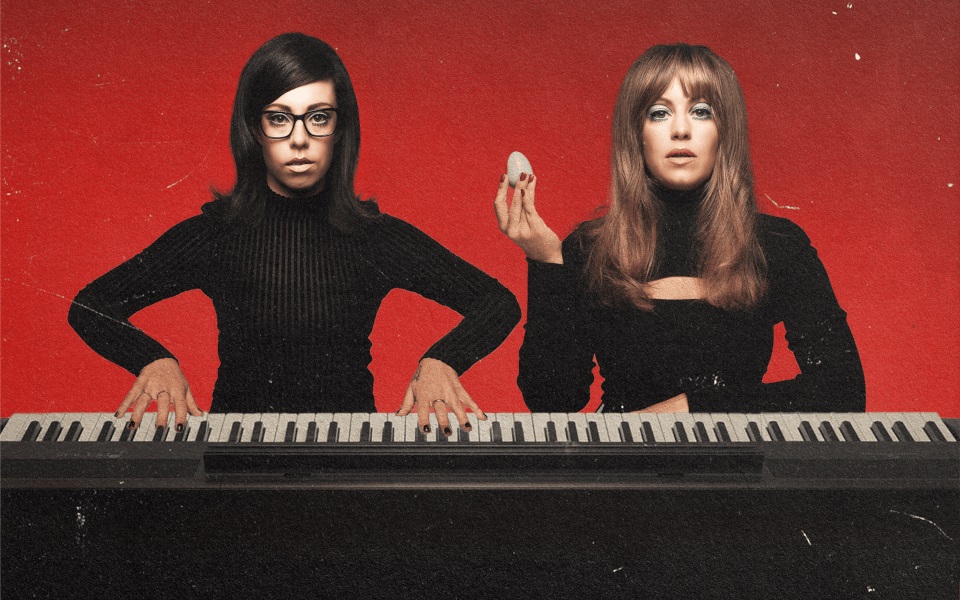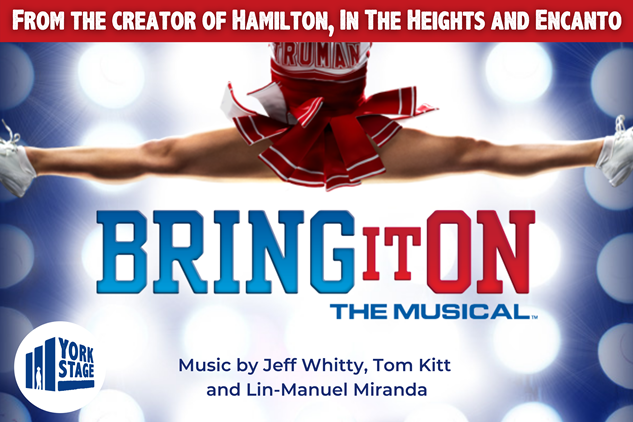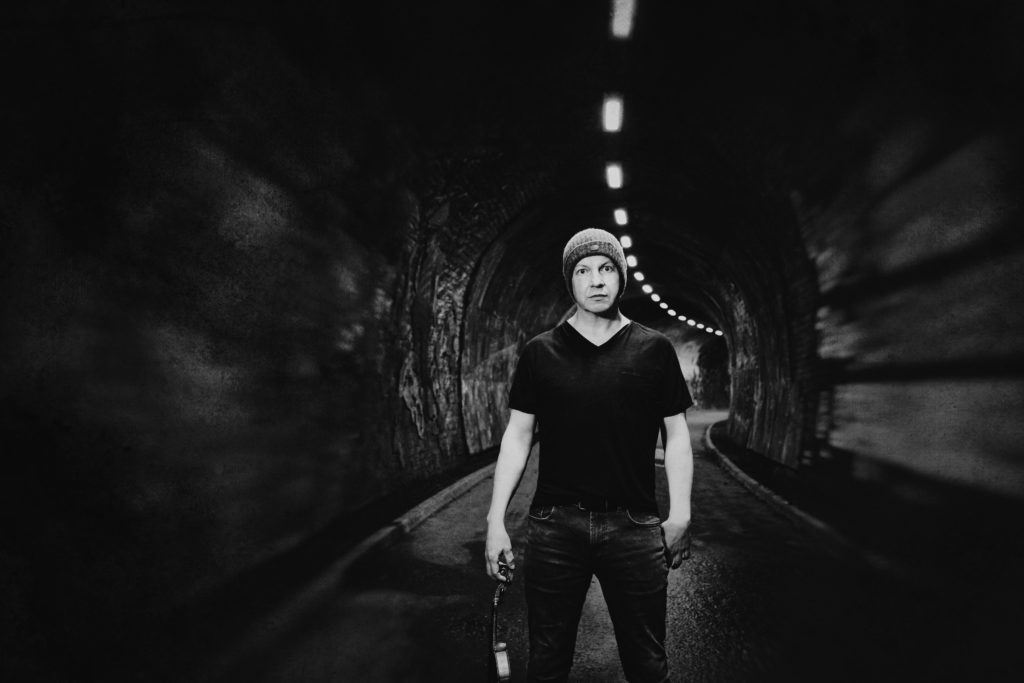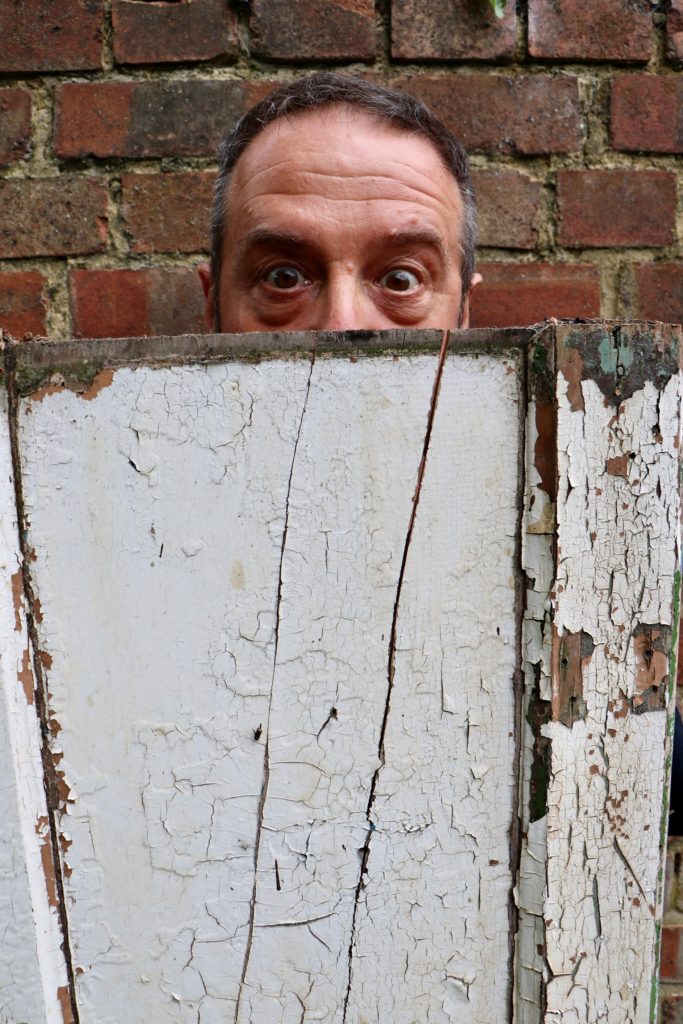
MARK Thomas, the grouchy godfather of British political comedy, is taking down politicians, mucking about, offering new ideas and finding hope in his new tour show, Black And White.
At Leeds City Varieties Music Hall tomorrow night (3/11/2022) and The Crescent, York, on Tuesday, he asks: How did we get here? What are we going to do about it? Who’s up for a sing-song?
“After lockdowns and isolation, this is a show about the simple act of being in a room together and toppling international capitalism,” says Londoner Mark, veteran alternative comedian, television and radio presenter, satirist, journalist and purveyor of political stunts on Channel 4’s The Mark Thomas Comedy Product.
He is heading out on the road after this summer’s sold-out Edinburgh Fringe run at The Stand Comedy Club elicited such reviews as: “seething, righteous and largely evidenced anger”… “incandescent critique of UK and world politics”… “his ire is something to behold”.
Here comes doubting Thomas, putting everything in Black And White in a turbulent world, but why give the tour that tagline? “Because it matches the tour poster!” he reasons. “A mate of mine took the photo, and then an artist called Tracey Mobley put it through a computer that turned it into a drawing. It looked amazing!
“So, when they said you need a name for the show – where I’m just going to muck about – I thought, let’s call it ‘Black And White’. But if you want to go for an ideological understanding of it, I guess it’s got to the point where it’s all of us against the one per cent, where this economic Ponzi scheme isn’t working for us and it’s got to change.”
Mark is up and running now. “Liz Truss espoused the free market, as a willing supporter of the Tufton Street think tanks, which means big responsibilities for human beings, but no responsibilities for businesses. Now she’s gone, Sunak is in, but it’s not even a U-turn.
“It’s like, ‘how much s**t do you want to take? 100 per cent or 99 per cent?’, then 99 per cent is what it will be. What communities need to do is build up resistance.”
How, Mark? “I wouldn’t want to tell people how to do it because they’re the ones doing it,” he says. “There are loads of people doling stuff. Some are doing food banks. There’s a brilliant centre in Sheffield that helps asylum seekers and refugees, The Sanctuary.
“They do English classes, IT classes, help with legal matters, as well as hot meals and advice. It’s a fantastic place just doing its best to help the community.

“Then there are community pubs. They’re the things that’ll keep going. That’s the kind of stuff I love, that really excites me. Like my football club, AFC Wimbledon, winning the community club of the year award, making sure it’s embedded in the club. Trade unions, communities, that’s what we have to support.”
In past shows, Mark has discussed visiting the West Bank and Jenin; lobbying Parliament; walking in the footsteps of the highest NHS officials; playing at the Royal Opera House; “making stuff” for TV, radio and newspapers and going undercover.
Black And White promises “creative fun”, or mucking about, if you prefer. “My favourite playwright is Bertolt Brecht, dear old Bertolt Brecht [the 20th century German theatre practitioner, playwright and poet]. I went to his house…he wasn’t in,” says Mark.
“What was fascinating about him, I remember seeing his play The Caucasian Chalk Circle at 15, and it changed my mind, which is one of the cornerstones of theatre, that you can go to a show and have your mind changed.
“Brecht always talked about creative fun, creative dissent, like those climate protestors throwing soup at Van Gogh’s Sunflowers painting at the National Gallery. The point being that people were really, really shocked by it, and it was only afterwards that they realised nothing was destroyed.
“It led to more thinking about how we need to have discussions about climate change, how we discuss it and how we may bring about change. In 100 years, no-one will remember a petition, but they will remember dangerous and creative acts because that’s the stuff that’s genuinely upsetting.
”Look at the Suffragettes. They burnt buildings, smashed windows, went on hunger strike. It was a mass movement with masses of acts of defiance. Women were being force-fed when they were on hunger strike. They brought about change.”
What new ideas for change is Mark proposing. “Nationalising the banks,” he says off the cuff. Unlikely, surely? “It doesn’t matter if it’s likely now. It’s about starting the conversation and then it might become reality,” Mark asserts.
“We need to have much more devolved power, given to communities. Proportional representation. Voting at 16. Why shouldn’t someone of 16 have the right to vote? Politics and history are the things that give people agency.”
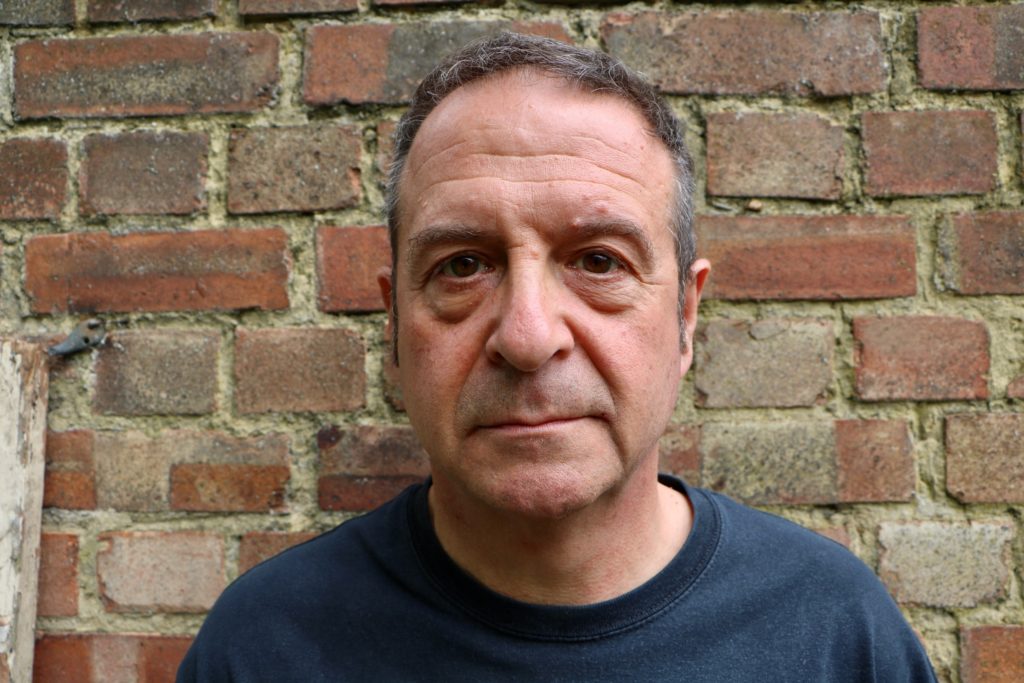
Where might we find hope, Mark? “Hope is a precious commodity, but there’s a difference between optimism and hope. Just don’t give me false optimism,” he says. “Defiance is the bedrock of hope.
“If you destroy a statue, you can get ten years in jail. That means a statue has more rights of protection than women. That’s nuts.”
Mark is on a roll again. “I voted Remain for one reason, and that’s because I thought a vote for Leave would increase racism and I won’t vote for that,” he says. “But once the vote has happened, that’s the vote, that’s it. Now we need to have a conversation about Brexit, how it’s working out , and what we might do about it in the future.
“Now everyone is feeling the pinch of stagnation and austerity, but all Brexiteers will stand up to say is they’re for sovereignty.
“I hope what we’re going through is the high water mark and this is our time for change. It might not be the high water mark, but one thing is for sure: I love that Bob Crow quote: ‘If you fight, you won’t always win, but if you don’t fight, you will always lose’.”
That fighting spirit permeates through Black And White: “The show is about being rude,” says Mark. “Shouting, mucking about, looking at what communities can do, celebrating us and defiance.”
As ever, Mark Thomas promises “I’ll be around, I’ll help” with his political ire, his zeal for change. How will he mark turning 60 on April 11 next year. “I’ll get my London bus pass and go on the longest route I can,” he says.
Mark Thomas: Black And White, Leeds City Varieties Music Hall, tomorrow, 8pm; The Crescent, York, November 8, 8pm; King’s Hall and Winter Gardens, Ilkley, November 9, 8pm. Box office: Leeds, leedsheritagetheatres.com; York, thecrescentyork.seetickets.com; Ilkley, bradford-theatres.co.uk. Age guidance: 16 plus.




